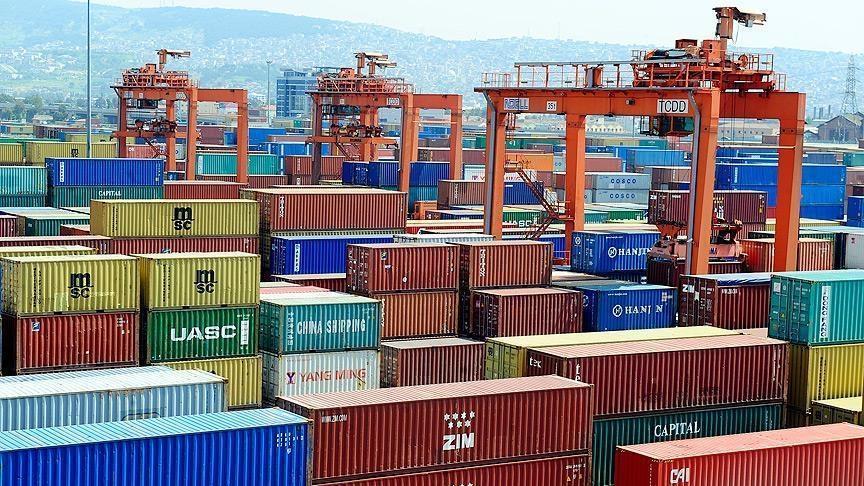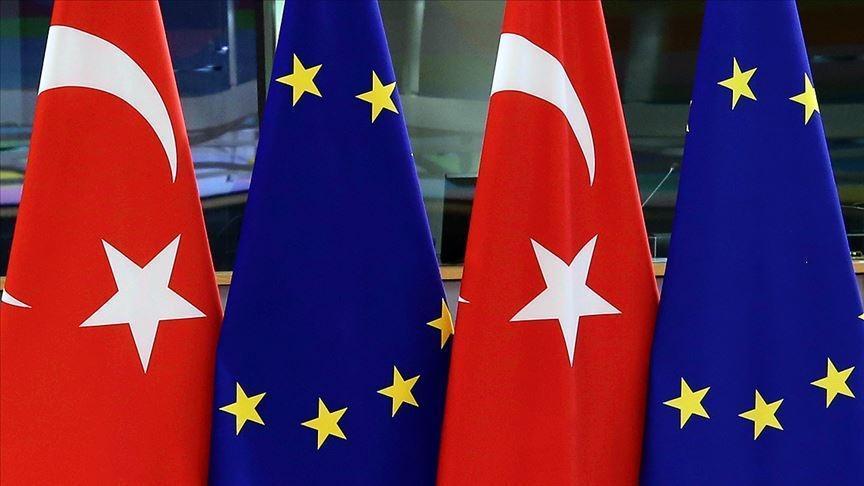Will the Turkish Central Bank’s revised inflation forecast be met?
The Central Bank has revised the inflation forecast that it had set at the start of the year. In its Inflation Report, released on April 30, the Bank raised the end-year inflation forecast from 7.9 percent to 8.4 percent. It is widely believed that the Bank’s revised forecast is unrealistic and it will keep lifting its inflation forecasts.
Central Bank chair Murat Çetinkaya said they expected inflation to be between 7.2 percent and 9.6 percent, with a mid-point of 8.4 percent, at the end of 2018. Also speaking on April 30, Deputy Prime Minister Mehmet Şimsek said that unless the Turkish Lira appreciated it was unlikely that inflation would fall.
It would thus not be wrong to say that the Central Bank’s revised inflation forecast will not be met and two high-level officials admitted this on the same day.
A Reuters poll of analysts, released on April 30, showed that consumer prices are expected to increase by 1.6 percent in April. According to the same poll, the market’s year-end inflation forecast increased to 10.15 percent. A majority of the bankers I have spoken with think inflation will remain above 11 percent this year. I therefore expect the Central Bank to revise upwards its inflation forecasts in the upcoming Inflation Reports over the remainder of the year.
Both Çetinkaya and Şimsek underlined the impact of rising exchange rates on inflation. Çetinkaya also pointed to the rise in oil prices and for the first time mentioned “the rise in import prices as a major driver behind the rise in inflation.”
Çetinkaya noted that strong demand conditions continue to have an impact on consumer inflation and the year-end inflation forecast for 2019 remained unchanged at 6.5 percent, based on the outlook that a tight monetary policy stance is maintained decisively.
Simplification of monetary policy after elections
It is also interesting that as far as inflation targets for this year are concerned, Çetinkaya said that if there is “no additional increase in the risk premium due to global and domestic developments” then the disinflation process will continue, due to the decisive implementation of tight monetary policies and the convergence of loan growth with a milder growth path.
It is clear from its statements that the Central Bank management is concerned about a possible rise in Turkey’s risk premium. Çetinkaya stressed that it is important that tax adjustments and administered prices are set in a way to support the disinflation process, as part of strengthened coordination between monetary and fiscal policies.
He also touched on the issue of the simplification of monetary policy tools, which markets have long been waiting to hear. This simplification means dropping the late liquidity window rate as the main market rate. Çetinkaya said that at the Monetary Policy Committee’s April meeting they assessed technical presentations on finalizing the simplification process of monetary policy’s operational framework and enhancing the predictability of monetary policy. He reminded that the Central Bank decided to implement a measured monetary tightening to contain inflationary risks, saying “the final steps regarding the simplification of monetary policy will be taken in the coming period.”
The Central Bank apparently wants to manage things more on a day-to-day basis until the elections and implement the expected simplification measures after the June 24 snap elections.
We will see whether exchange rates can be kept at a certain level, whether Turkey’s already high risk premium will increase further, and whether simplification steps will be taken.











